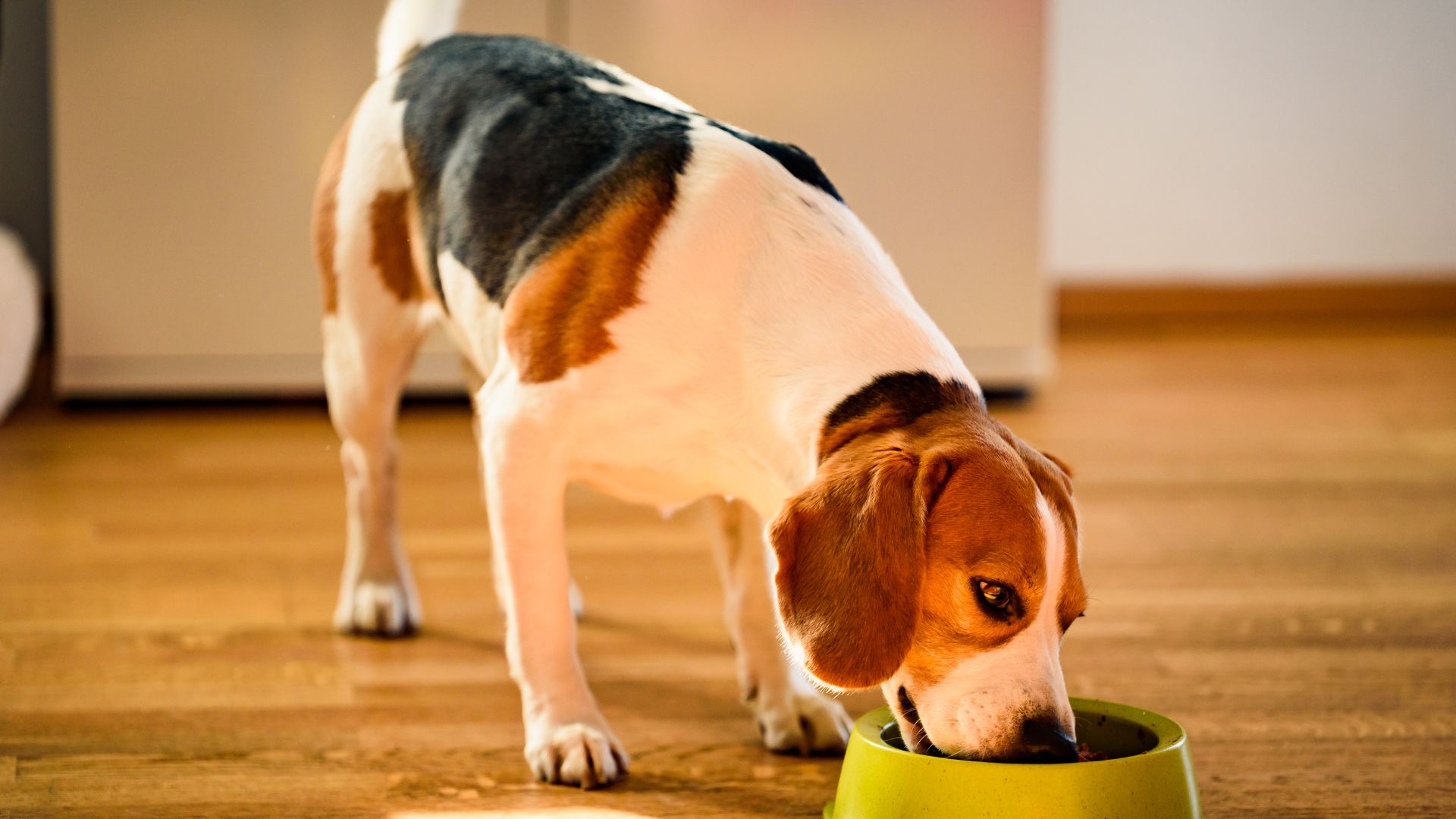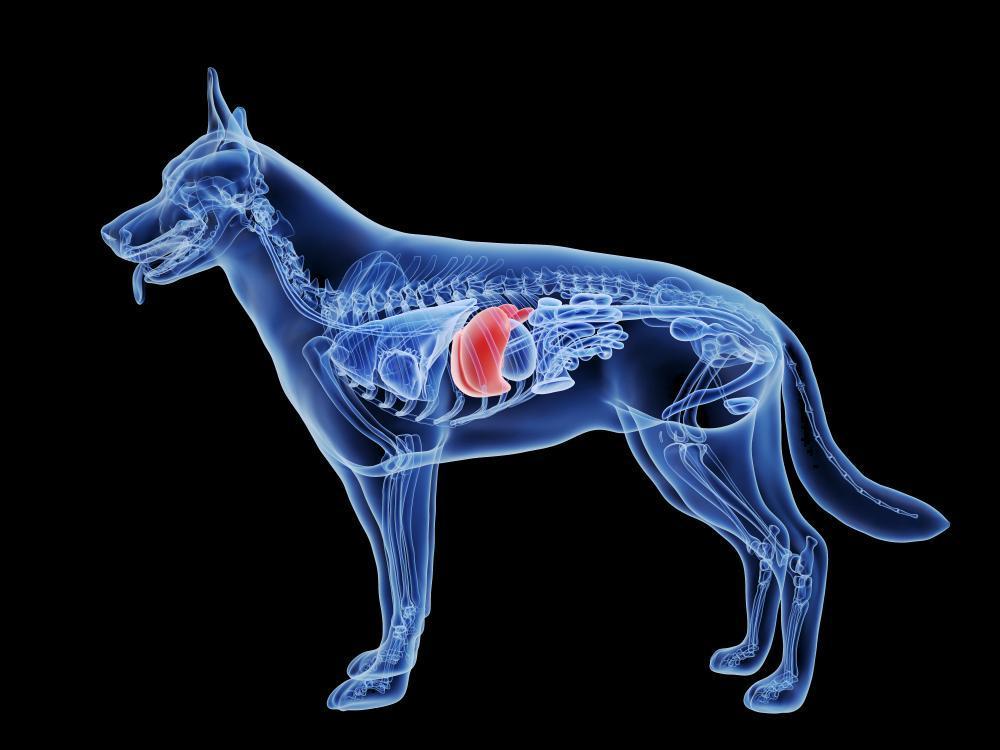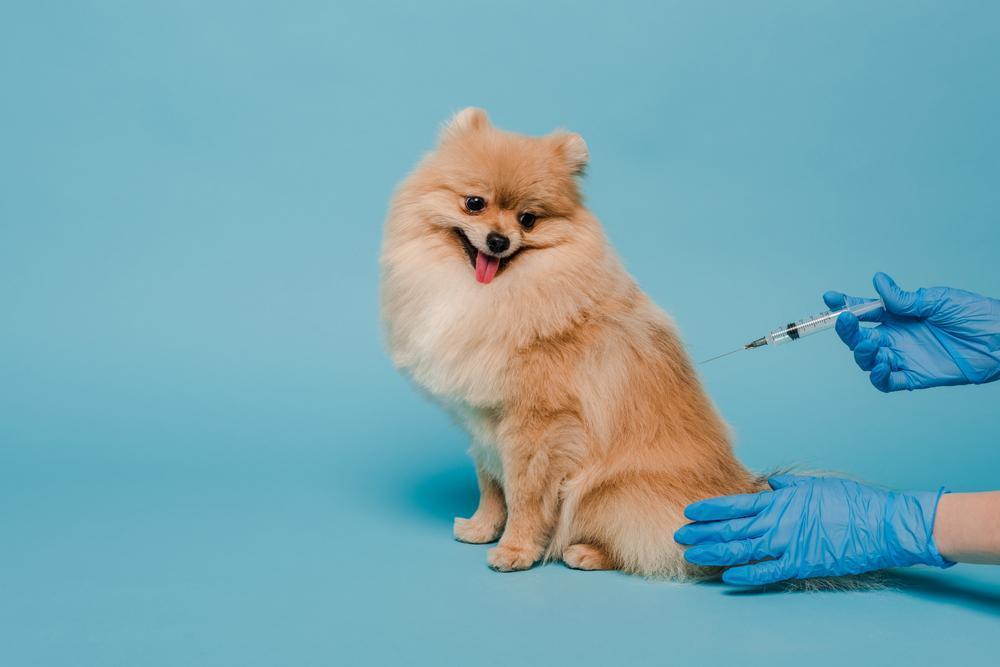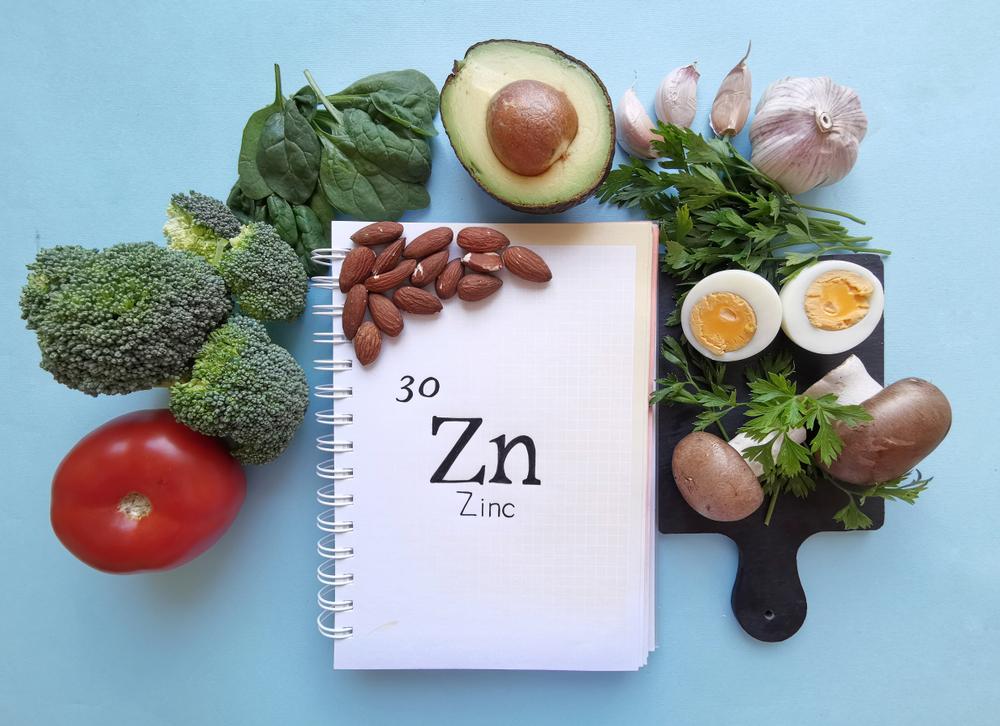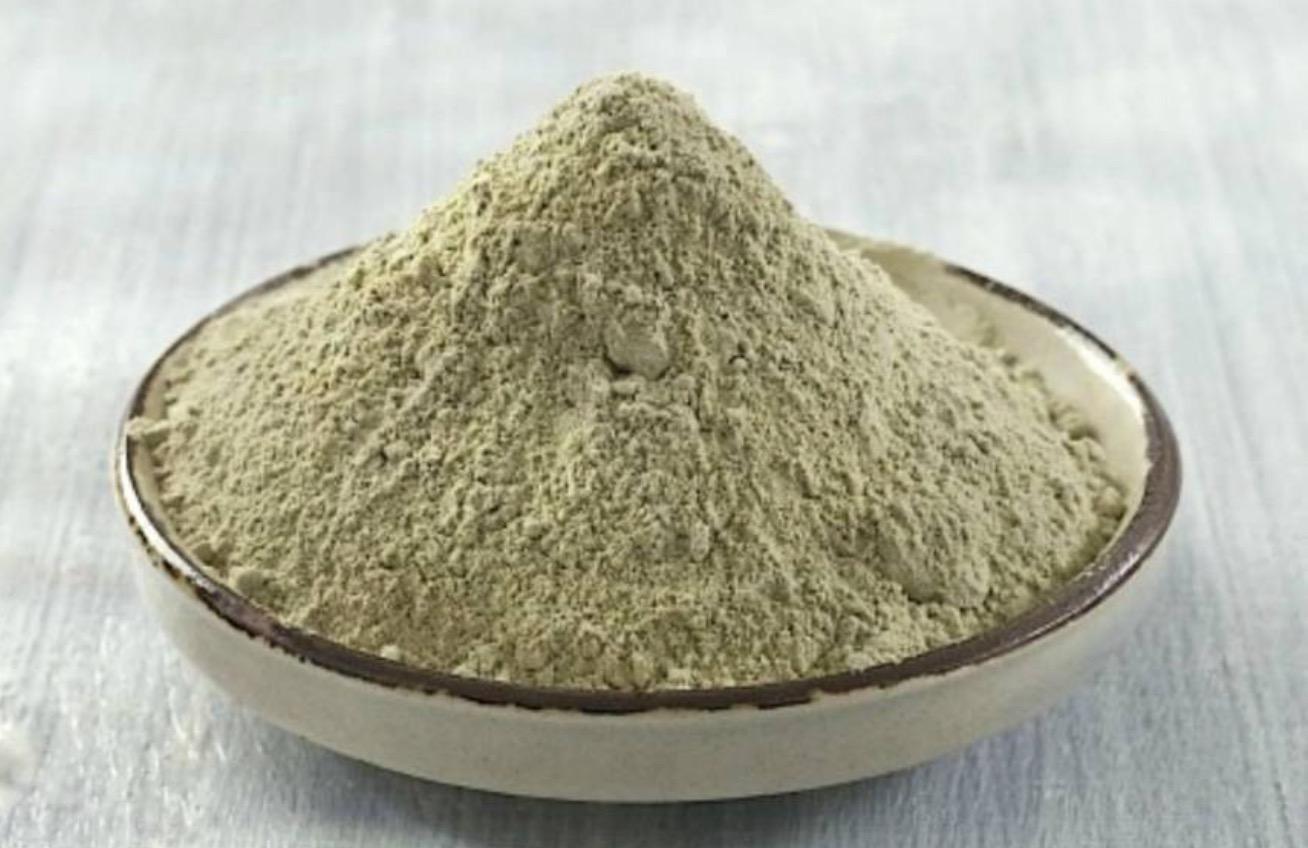As we know bacteria is everywhere, both the good ones and the not so good ones. Sometimes the bad ones can get a little out of hand and start causing a whole host of problems, we know this as bacterial overgrowth and we’re going to be looking at small intestinal bacterial overgrowth, or SIBO specifically.
Here at My Pet Nutritionist is something we keep an eye out for, so we thought we’d let you know why.
Small intestinal bacterial overgrowth (SIBO) is defined as excessive bacteria in the small intestine. SIBO is frequently implicated as the cause of chronic diarrhoea and malabsorption. Dogs with SIBO may suffer from unintentional weight loss, nutritional deficiencies, and osteoporosis for example.
When we reference the microbiome, we are considering the microbial community found in the whole of the digestive tract. Generally, the further down we go, the more bugs we find. So, we would expect the majority of the bugs to be found in the colon. SIBO is when there are higher numbers found in the small intestine. The type of microbial flora present plays an important role in the manifestation of signs and symptoms of overgrowth. For example, a predominance of bacteria that metabolize bile salts to unconjugated or insoluble compounds may lead to fat malabsorption or bile acid diarrhoea. In contrast, microorganisms that preferentially metabolize carbohydrates to short-chain fatty acids and gas may produce bloating without diarrhoea because the metabolic products can be absorbed.
There are a number of contributing factors to the development of SIBO but two of the main ones are gastric acid secretion and small intestine dysmotility.
Gastric Acid
Gastric acid is necessary in the digestion of food. Not only that but it suppresses the growth of ingested bacteria (it forms one of the protective barriers), which limits bacterial counts in the upper small intestine. Gastric acid is produced in the stomach, so it provides a buffer before compounds even reach the small intestine.
Gastric acid is produced by the parietal cells in the stomach, and there are cases of autoimmunity whereby the body attacks its own parietal cells resulting in low levels of gastric acid.
Not only that but certain medications like proton pump inhibitors are also used to suppress gastric acid. Antihistamine medications also suppress gastric acid secretion. PPIs are often used to treat a range of GI disorders in dogs and antihistamines are regularly used to treat allergic dermatitis.
In addition, gastric acid secretion is regulated by the parasympathetic nervous system via the vagus nerve and there is clear evidence that increased levels of certain stress hormones inhibits the release of it.
Can Stress Affect My Dog’s Digestive System
The stress response also plays a role in intestinal motility.
Intestinal Motility
Several programmed movements are responsible for the transport of food between the different parts of the digestive system.
Peristalsis is a series of wave-like muscle contractions that move food through the digestive tract.
The migrating motor complex typically moves between the stomach and small intestine, sweeping the intestine clean between meals; this is the rumble you will hear! Hormones like motilin and ghrelin are involved in the generation of MMCs.
Mass movement is another programmed movement, and this is what propels the formed poop into the rectum, ready for evacuation. Mass movements are put on hold overnight but start again in the morning. They follow their own circadian rhythm.
Impaired gastric motility can result in food and waste sitting in the small intestine for longer that it should.
There are a number of reasons why motility may be affected.
- Mechanical obstruction,
- Abnormalities in smooth muscle function,
- Secondary conditions such as electrolyte disturbances, metabolic disorders, concurrent medication use, stress, and abdominal inflammation.
However, there is more attention being paid to the development of SIBO through antigens gaining access to the lamina propria.
The lamina propria is a thin layer of connective tissue that forms part of the moist linings known as mucous membranes or mucosa which line the respiratory and gastrointestinal tract. It is therefore thought that a compromised mucosal barrier is a risk factor for SIBO.
The mucus layer is the very first line of physical defence that external molecules encounter when they arrive in the gut lumen, it prevents bacteria from directly contacting the epithelial cells, along with toxic substances and digestive enzymes. Within this strand, it therefore prevents colonic inflammation.
The main building blocks of the mucus layer are highly glycosylated mucin proteins that form a gel-like sieve structure overlying the intestinal epithelium. The small intestine only has one mucus gel layer whereas the colon has two layers: an outer, loose layer that allows the long-term colonisation of commensal bacteria, and an inner dense layer empty of bacteria.
Mucin degradation has been recognized as a normal process of mucus turn-over in the GI tract, but selective bacterial species can degrade mucous glycans as an energy source in the absence of other food sources and so if degradation outperforms secretion, we start to have a problem. Furthermore, diets high in refined products, sugars and saturated fats are also associated with compromised mucosal function. Early stress is also linked to impaired mucosal development, so the health of our puppy’s gut really does start with the Mother!
Prevalence of SIBO
SIBO has also been noted in dogs with existing chronic intestinal disease, and although many breeds are affected, German Shepherds are seemingly predominant in reports. SIBO is regularly seen in dogs with exocrine pancreatic sufficiency.
Juice culture is the gold standard for SIBO diagnosis, but it is often described as being technically difficult, time-consuming and expensive. In addition, bacterial counts may be influenced by environmental factors and infective load.
One of the first things to consider is whether your dog is currently eating an antigenic diet – with the increased intestinal permeability that often accompanies SIBO, establishing sensitivities is a good place to start.
Elimination Diets For Dogs
In addition to this, if SIBO has been prolonged there may be underlying nutrient deficiencies so supplementation may be worthwhile. However, this should be carried out under the guidance of a professional.
Does My Dog Have a Vitamin Deficiency
It is also well known that SIBO can result in significant damage to the intestinal mucosa and so it can take time to manage.
SIBO; it’s probably more common than you think and actually more complex than we think.
Symptomatic SIBO typically presents in young animals as chronic intermittent small bowel diarrhoea, which may be accompanied by loss of body weight or failure to gain weight. Some dogs also may have signs of a mild colitis. Weight loss may be severe and is in some dogs the only sign. Appetite is often reduced. Vomiting is not
typically associated with bacterial overgrowth; its presence suggests concurrent inflammatory bowel disease. Some dogs with SIBO are presented because of excessive intestinal gas.
If you would like any support with the health of your dog, then please check out our services.
Thanks for reading,
MPN Team x

